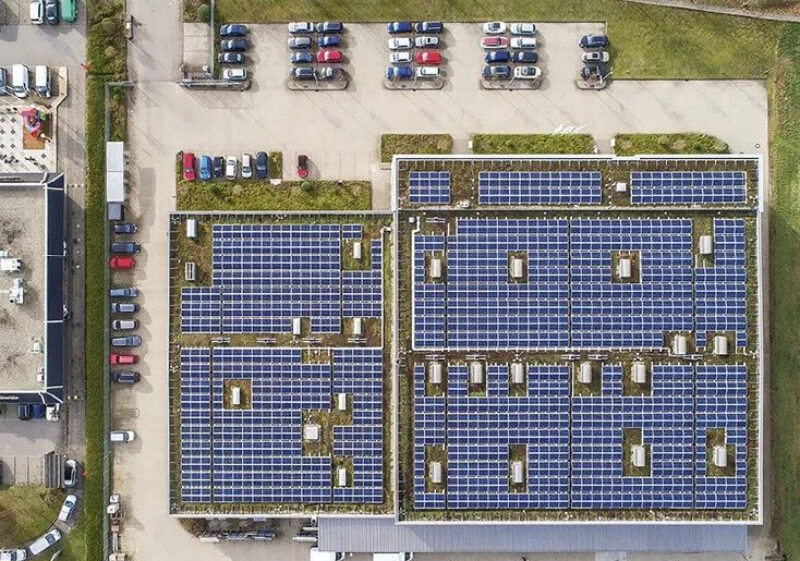European Council adopts new renewable energy directive
 namkoo solar
namkoo solar
The European Council today announced policies for the transport, industry and construction sectors, which have been slow to meet the recently set target of 45% renewable energy by 2030.

This morning, the Brussels-based European Council announced that it has adopted a series of measures under the Renewable Energy Directive (part of the legislation of June of this year) that will require all EU Member States to contribute to the EU's common goal of achieving a 45% share of renewable energy by the end of this decade.
According to a press release from the European Council, the new rules target sectors that are "slower" to integrate renewable energy, including transportation, industry and construction. Some sector regulations include mandatory requirements, while others include optional programs.
For the transportation sector, member states can choose between a binding target of reducing the greenhouse gas intensity of renewable energy consumption by 14.5 percent by 2030, or a binding share of renewable energy in final energy consumption of at least 29 percent by 2030, the press release states.
For industry, Member States' renewable energy consumption will increase by 1.5% per year and the contribution of renewable fuels from non-biological sources (RFNBOs) is "likely" to be reduced by 20%. To achieve this, Member States' contribution to the EU's binding overall target needs to be as expected, or the proportion of fossil fuel hydrogen consumed by Member States should not exceed 23% in 2030 and 20% in 2035.
The new regulation for buildings, heating and cooling sets an "indicative target" of at least 49% renewable energy consumption in buildings by the end of the decade. The press release states that the consumption of renewable energy for heating and cooling will be "progressively increased".
The approval process for renewable energy projects will also be accelerated, with "accelerated approvals" being specifically deployed to help meet the target. Member States will identify areas worthy of acceleration, and renewable energy projects will undergo a "streamlined" and "fast-tracked licensing" process. Renewable energy projects will also be presumed to be of "paramount public interest", which will "limit the grounds for legal opposition to the launch of new projects".
The directive also strengthens sustainability criteria for the use of biomass, while aiming to reduce the risk of "unsustainable" bioenergy production. The press release states that "Member States will ensure the application of the cascade principle, focusing on support schemes and taking due account of national specificities."
Spain's Acting Minister for Ecological Transition, Teresa Ribera, said the new rules were "a step forward" in enabling the EU to pursue its climate goals in a "fair, cost-effective and competitive manner." The original European Council paper noted that the "general context" of the Russia-Ukraine conflict and the impact of the new Crown Pneumonia outbreak had led to a spike in energy prices across the EU, highlighting the need to improve energy efficiency and increase the consumption of renewable energy.
"To achieve the long-term goal of making energy systems independent from third countries, the EU should focus on accelerating the green transition, ensuring that mitigation energy policies reduce dependence on imported fossil fuels as well as promoting access to fair and affordable energy prices for EU citizens and businesses in all sectors of the economy."
In March of this year, all member states of the European Parliament voted in favor of the measure, with the exception of Hungary and Poland, which voted against it, and the Czech Republic and Bulgaria, which abstained.



































